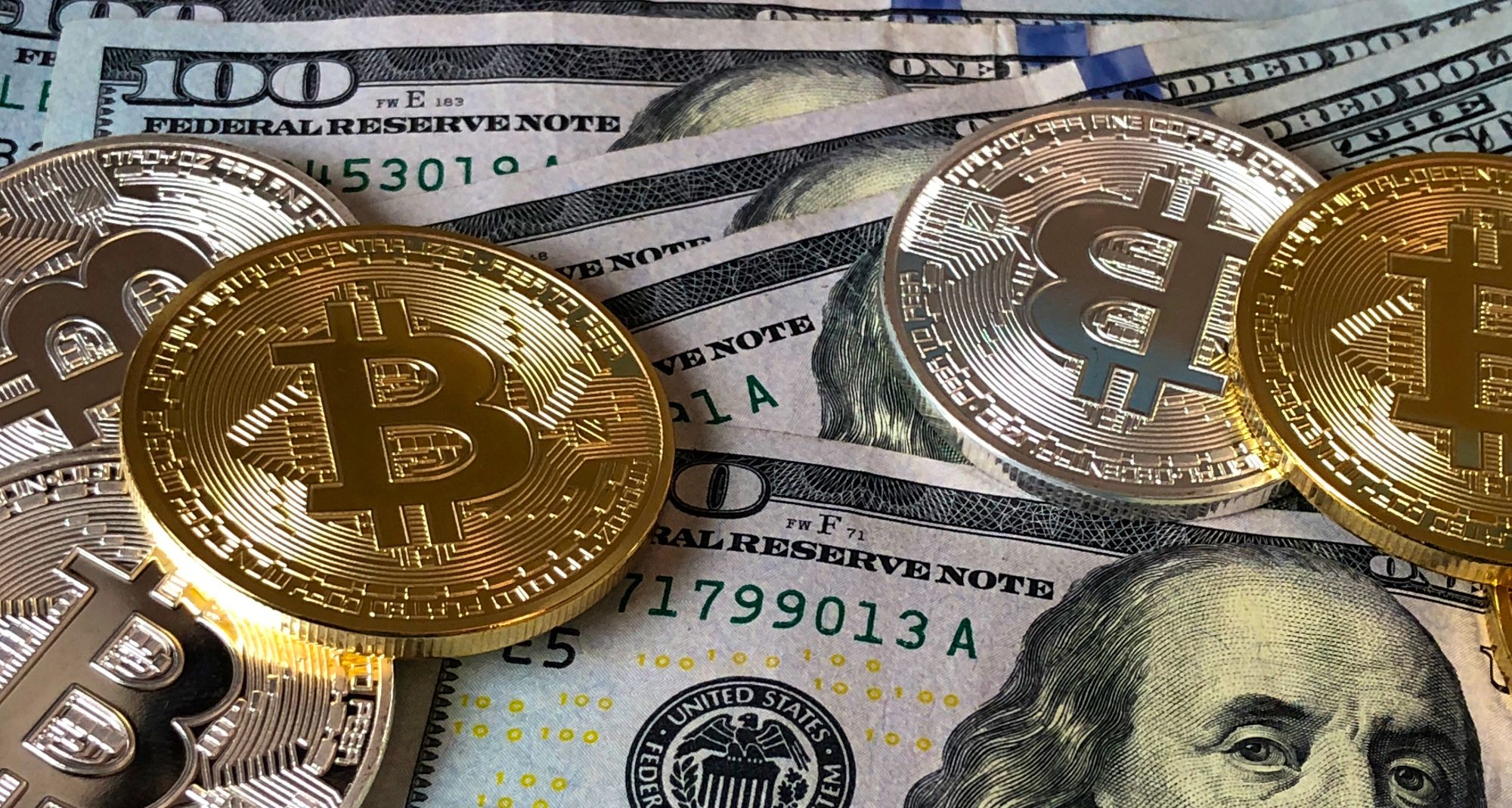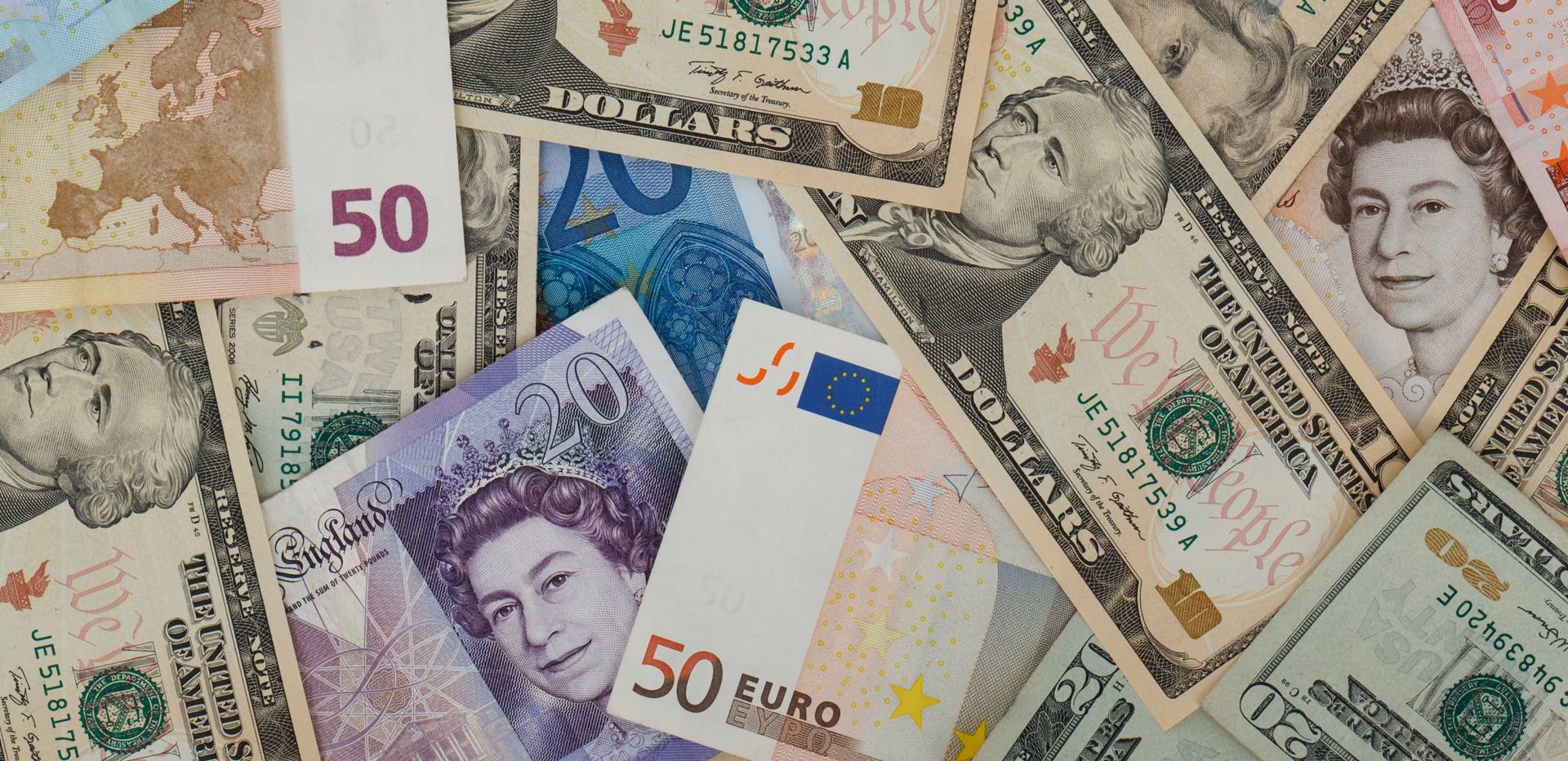If you are a crypto trader, you probably know how frustrating transaction fees can be. Conducting sales, purchases, exchanges and many other functions on a crypto exchange often comes with a fee, with different platforms charging different prices. But there are now crypto exchanges that claim to charge zero trading fees. So how is this possible? Can you really trust a free crypto exchange or should you steer clear?
Typical crypto exchange fees
We’ve previously looked at different types of crypto fees in detail, but we’ll quickly go over the main fees here before we get into the dynamics of free exchanges.
The most common type of interchange fee model is known as maker-taker. On a stock exchange you have liquidity creators and liquidity takers. If you provide liquidity to an exchange, you are a maker, and if you take it away, you are a taker. You may see the terms “maker order” and “taker order” on your chosen crypto exchange, which relate to whether the transaction adds or subtracts liquidity.
In short, crypto exchanges love liquidity. It’s how they run accurate technical analysis, stabilize asset prices and stay in business. This is why some exchanges charge lower producer fees than receiver fees. For example, FTX charges a producer fee of 0.02%, while the taker fee is 0.07%. Some crypto exchanges charge the same producer and receiver fees, such as Binance, Bittrex and Huobi.
But some exchanges use a spread fee model. As the name suggests, spread fees derive from a spread, the difference between the real price of a digital asset and the sale price. Like maker-taker fees, spread fees vary depending on the platform you use. For example, eToro charges a 0.75% spread fee instead of maker and taker fees. Some exchanges even charge maker, taker and spread fees, such as River and Swyftx.
Exchanges may charge various other fees, including deposit and withdrawal fees. Most crypto exchanges do not charge deposit fees, but withdrawal fees are more common.
Check out our list of the best crypto exchanges with the lowest fees to find an affordable platform to use for your crypto journey.
However, some exchanges do not charge maker, taker or spread fees. Can such exchanges really be trusted, or is it a scam in disguise?
Can you trust exchanges without fees?
It’s important to note that when an exchange claims to be free, you should still be wary. Most crypto exchanges out there have fees, often for good reason, so it’s a good idea to spend some time checking for any charges before signing up for a free crypto exchange.
Some exchanges may even use misleading language to market themselves as free when there are certain ways they can still make money off of you.
Take Robinhood, for example. This company offers its users the opportunity to trade and invest with various currencies, from US dollars to Bitcoin. Robinhood claims not to charge maker, taker or spread fees for crypto transactions. This sounds great, but there are underlying catches. What you may not know is that Robinhood charges a higher price for buying assets than exchanges that charge fees. This way, the exchange can skim a profit off the top of each crypto purchase.
On top of this, Robinhood was accused by the SEC in 2020 of using misleading language about how it generates revenue. The SEC stated that Robinhood had made “misleading statements and omissions in customer communications, including on FAQ pages on its website, about its largest source of revenue when describing how it made money.”
In its investigation, the SEC found that Robinhood claimed to be commission-free, but made a profit in the background via its “unusually high payment for order flow rates.” The SEC also found that Robinhood claimed that its “quality of execution matched or beat its competitors.”
While Robinhood is certainly not a scam, its reliability has been questioned.
The same applies to some other exchanges such as BlockFi. Although BlockFi may claim not to charge producer, receiver or spread fees, it will charge for withdrawals. If you rarely make withdrawals, or if your withdrawals are relatively small, this shouldn’t be too much of a problem. However, if you make large or regular withdrawals, these fees add up quickly over time.
However, these exchanges are not necessarily unreliable. Robinhood makes its profit methods clear to its users, and BlockFi does not keep its withdrawal fees a secret. Rather, it’s how you interpret the marketing language that matters. If you hear that a crypto exchange charges zero fees, it is more than likely that the platform has other legitimate methods of generating revenue, be it in other types of fees, discounts or the like.
Of course there are crypto exchanges out there that are a scam. Some claim to charge zero fees across the board to lure victims. Various illegal exchanges have been discovered in the past, such as QuadrigaCX. This Bitcoin exchange defrauded unwitting users of $200 million in crypto, which has still not been recovered, as QuadrigaCX’s former CEO Gerald Cotten died suddenly in 2018. Investigators found that Cotten had used investments in his company as a personal slush fund , and the crypto. and funds are still lacking.
Unfortunately, crime is rife in the crypto industry, with malicious actors looking to capitalize on unsuspecting owners and investors. This is unlikely to change anytime soon, so you need to be vigilant when choosing a crypto exchange.
But it’s not just about fees – many factors determine whether an exchange is a good fit for you. You should also take a closer look at the security features an exchange offers and whether the exchange itself has a good reputation overall. Even major exchanges like Coinbase have been known to engage in illegal activity in the past, so it’s best to be aware of the past of your chosen exchange to determine if you can trust it with your money.
Zero trading fees does not equal zero fees
Although the lure of zero trading fees can be very tempting, it is important to keep in mind that this is not necessarily indicative of a completely free crypto exchange. There are various other ways that an exchange can monetize your money, so it’s always best to check any exchange’s fee schedule, as well as their other income streams, to make sure you’re not being scammed.




